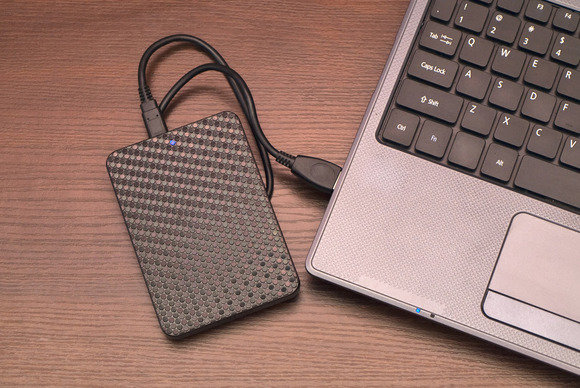Keep Backup Data Safe
Posted: January 28, 2014

Storing backups on an external hard drive may seem like the best option to keep them safe. However, those files can be just as at risk as those located on your computer. These three options can help protect your backups.

Storing backups on an external hard drive may seem like the best option to keep them safe. However, those files can be just as at risk as those located on your computer. These three options can help protect your backups.
Tony Bradley, principal analyst with the Bradley Strategy Group, shares how you can better protect your backed up files.
Your backup drive needs a backup plan: Three ways to safeguard the data
Congratulations on backing up your PC—but you aren’t as safe as you may think you are. Files on your backup drive can be just as vulnerable to disaster as files on your main system are. Most recently, CryptoLocker demonstrated that an external drive connected to a PC—a secondary hard drive, for example, or an external USB hard drive used for backup—could fall victim to ransomware just as easily as the PC on the other end of the cable.
“A lot of people got burned by CryptoLocker because their attached backup drives were also encrypted by the Trojan,” says Dwayne Melancon, CTO of enterprise security company Tripwire. “CryptoLocker encrypts local data files, but it also looks for attached storage devices, network shares, and other storage locations connected to your computer.”
Don’t let a CryptoLocker-style catastrophe happen to you. Here are a few options for protecting your backup drive against such attacks.
Read the entire article Your Backup Drive Needs a Backup Plan: Three Ways to Safeguard the Data on PC World.